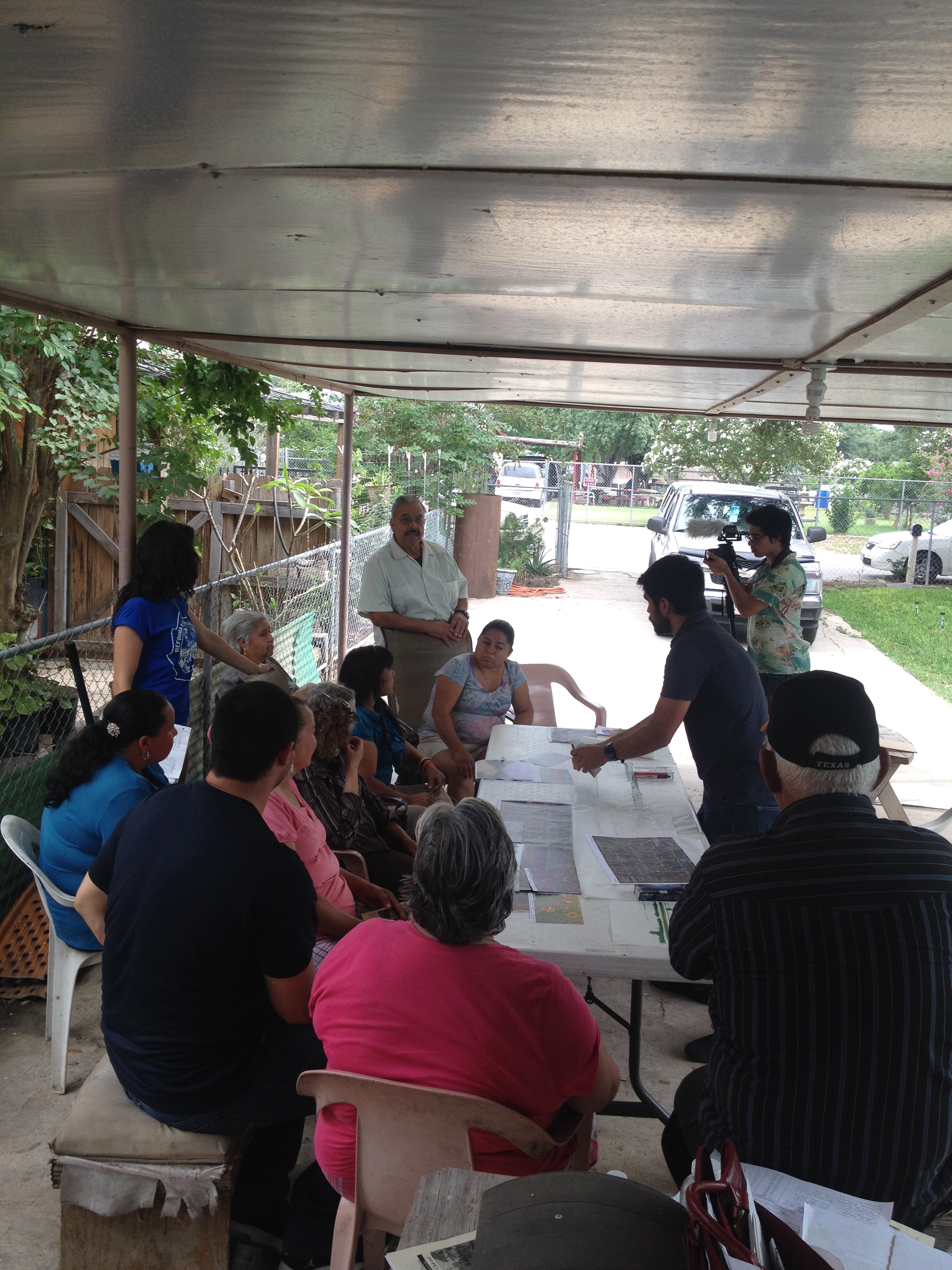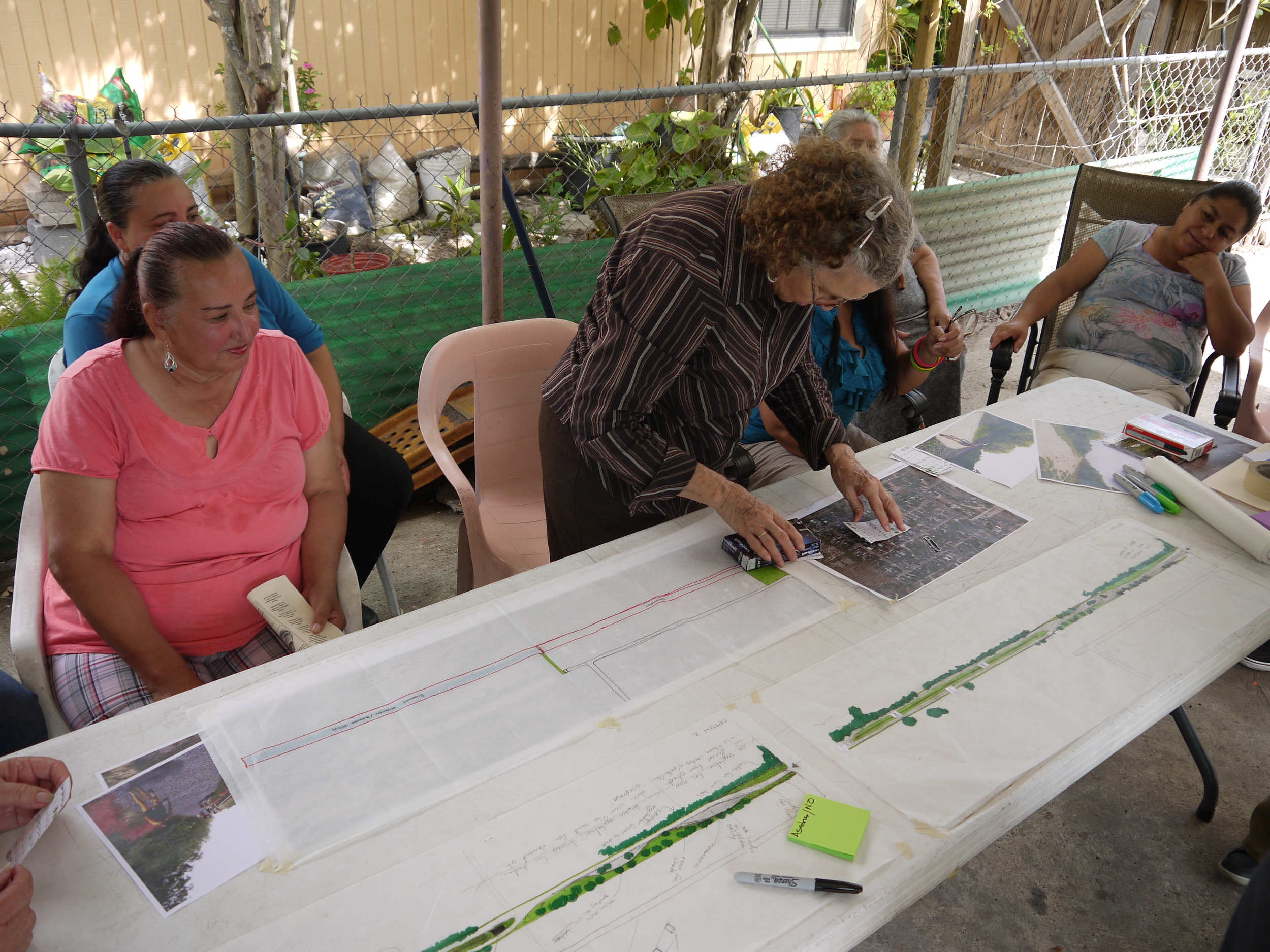The Colonia Neighborhood Plan Implementation Strategies are part of a larger effort to establish a community-based planning framework in the Lower Rio Grande Valley. Plans for initial focus colonias, six in Hidalgo County and two in Cameron County, were developed between September 2011 and April 2012 through a participatory process involving colonia residents, community organizers, community-based organizations, planners, and designers. In a departure from previous planning work in the region, this process was organized around a series of meetings in each colonia, inviting community members to contribute and self-appoint neighborhood leaders. These plans identify and offer recommendations to ameliorate issues stemming from geographic isolation, poor physical infrastructure, and limited access to services and resources. Ultimately, this process advances the role of participatory planning and design in improving the quality of life in the LRGV. The plans are currently being used at various scales; at the community level, the plans serve as a checklist of goals that the communities have set for themselves while at the state and regional level it is a means of communication with policy makers, funders, non-profits, and regional authorities.
By working as an information gatherer and a technical resource, bcWORKSHOP has contributed to a coalition-wide effort making voices be heard, and playing a participatory role in development and policy making decisions.
This initiative was recognized by the SEED Network with an Honorable Mention for their 2013 Awards.
Check out the plans below:
![[bc]](http://images.squarespace-cdn.com/content/v1/5248ebd5e4b0240948a6ceff/1412268209242-TTW0GOFNZPDW9PV7QFXD/bcW_square+big.jpg?format=1000w)

![ Mehmet Boz presenting on LID strategies, featuring a rendering done by [bc] for a right of way improvement in a colonia.](https://images.squarespace-cdn.com/content/v1/5248ebd5e4b0240948a6ceff/1433282461096-5KOV7DFKBQJT93GDGBQD/image-asset.jpeg)






